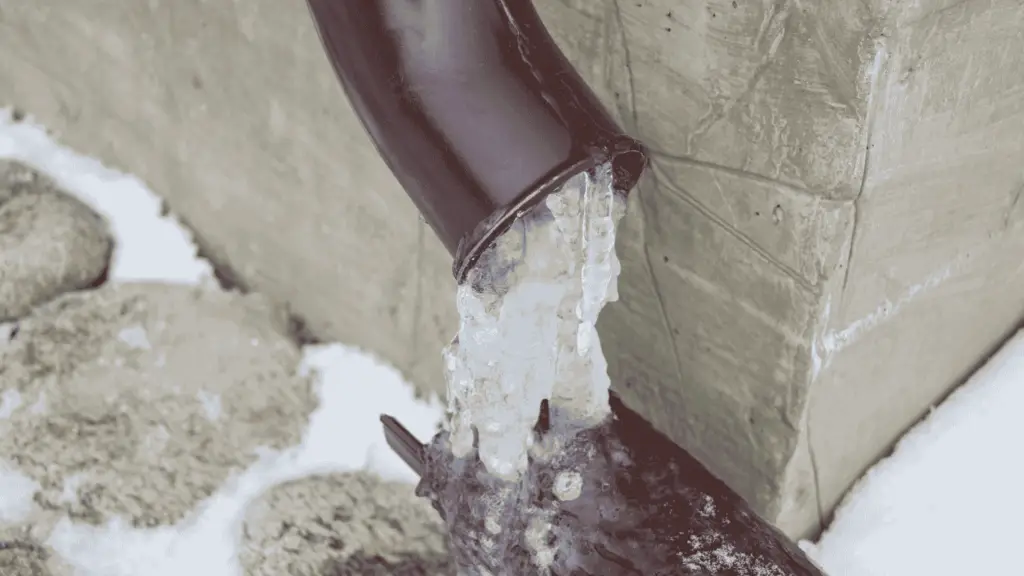Even in sunny California, freezing temperatures can still occur, especially at night and in the more northern parts of the state. Here, frozen pipes are a potential issue that needs serious consideration and planning. Burst pipes can cause extensive water damage and require costly repairs for plumbing service Sebastopol. Fortunately, with the right preventative steps, you can safeguard your plumbing system and avoid these issues.
Why Do Pipes Freeze?
Pipes freeze when temperatures drop below 32°F, causing the water inside to solidify. As water freezes, it expands, creating pressure that can crack or burst pipes. When the cold season hits, winter can have a serious impact on sewer infrastructure and plumbing. While more uncommon, Northern California homes aren’t immune to freezing conditions, especially during overnight cold spells or in older homes with exposed or poorly insulated plumbing.
Tips for How to Prevent Frozen Pipes
Take the following precautions to help protect your pipes this winter:
Insulate Your Pipes
One of the most effective ways to prevent frozen pipes is to insulate them. Use foam pipe sleeves or fiberglass wrap to cover exposed pipes in unheated areas like garages, basements, and crawl spaces. Insulation reduces heat loss and keeps pipes warmer during cold weather.
Seal Drafts Around Pipes
Cold air seeping through cracks and gaps can freeze nearby pipes. Inspect areas where pipes enter your home and use caulk or spray foam to seal these gaps. Pay special attention to basements and exterior walls.
Keep Your Home Warm
Maintain a consistent indoor temperature of at least 55°F, even when you’re away. Open cabinet doors under sinks to allow warm air to circulate around pipes.
Water Heater
While your focusing on keeping your home warm, make sure you know how to keep your water heater efficient in winter too!
Let Faucets Drip
Allowing faucets to drip slightly can keep water moving through your pipes, reducing the chance of freezing. This method is especially useful during particularly cold nights.
Disconnect Outdoor Hoses
Leaving hoses connected to outdoor faucets can trap water inside, increasing the risk of frozen pipes. Disconnect hoses, drain them, and store them indoors for winter. Use insulated covers for outdoor faucets for added protection.
What to Do If Your Pipes Freeze
Even with preventative measures, pipes may still freeze in extreme conditions. Here’s what to do if it happens:
Turn Off the Water Supply
Shut off your home’s main water valve to minimize damage if a pipe bursts.
Thaw Frozen Pipes Carefully
Use a hairdryer or heating pad to thaw pipes slowly. Never use an open flame.
Call a Professional
If you can’t locate the frozen section or suspect a burst pipe, contact a licensed plumber, like Yorkshire Plumbing, immediately.
Pipe Trouble? Call the Pros at Yorkshire Plumbing!
Don’t wait until the next cold snap to protect your plumbing. Contact Yorkshire Plumbing today or give us a call at (707) 492-9656 for a free consultation on our plumbing inspections to help you get a head start on winterizing your home.






